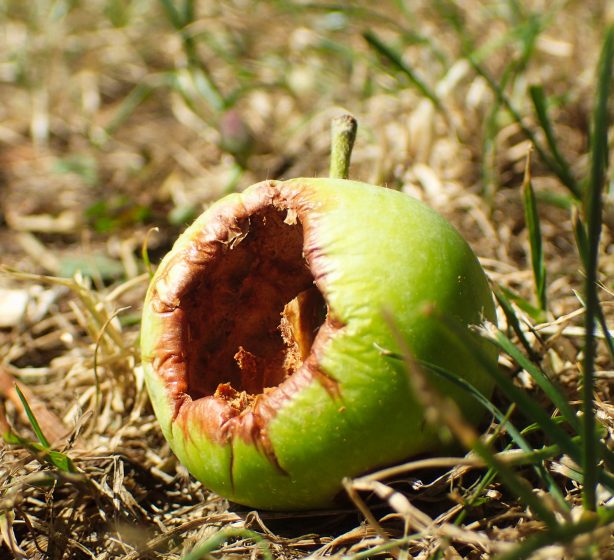
When it comes right down to it, composting is a simple, natural process that’s been overcomplicated by machines, commercial marketing, and misinformation. Some of these misinformed ideas have been passed around so many times that they’ve become accepted as truth. Well, we’re here to set the record straight. Keep reading to separate fact from fiction!
Myth #1: Composting requires a lot of work.
Truth: Composting is a natural process which involves basically the elements of nature doing the job for you. All you need is to gather all the materials, lay it on, and let nature do her job. Composting is a low maintenance activity as well. You only need to turn the compost file every once in a while to keep the air flowing to quicken the decomposition process and that’s it. You practically sit and wait for the compost to finish.
Myth #2: Composting is limited to farms and wide open spaces.
Truth: On the contrary, people living in urban areas with limited space can create their own composting bin from a trash can. There’s another technique called ‘vermicomposting’ that presents another option. In this case, you put red worms in a contained bin and feed them scraps.
Myth #3: Composting requires precise measurements, timing, and technique.
Truth: Even though composting would ideally be best achieved with the right combination of green and brown elements, having the exact measurements is not necessary; estimates work just fine. The neatly piled up layers of composting piles you see in commercials, books, and brochures are all for show. You don’t need to copy those, composting works the same way regardless of how picture-perfect your pile may be.
Myth #4: You need specially formulated chemicals as starters or activators.
Truth: Despite the claims made by commercial products that using them will speed up the decomposition process, they really aren’t necessary. Oftentimes the best thing to do is just to throw some finished compost into the newly formed compost pile, and that itself will serve as the activator.
Myth #5: Adding yeast will boost the compost’s performance.
Truth: This is not true at all. It’s just a waste of money. Yeast does not do anything to or for the compost pile, nor does it affect the performance quality of the compost.

